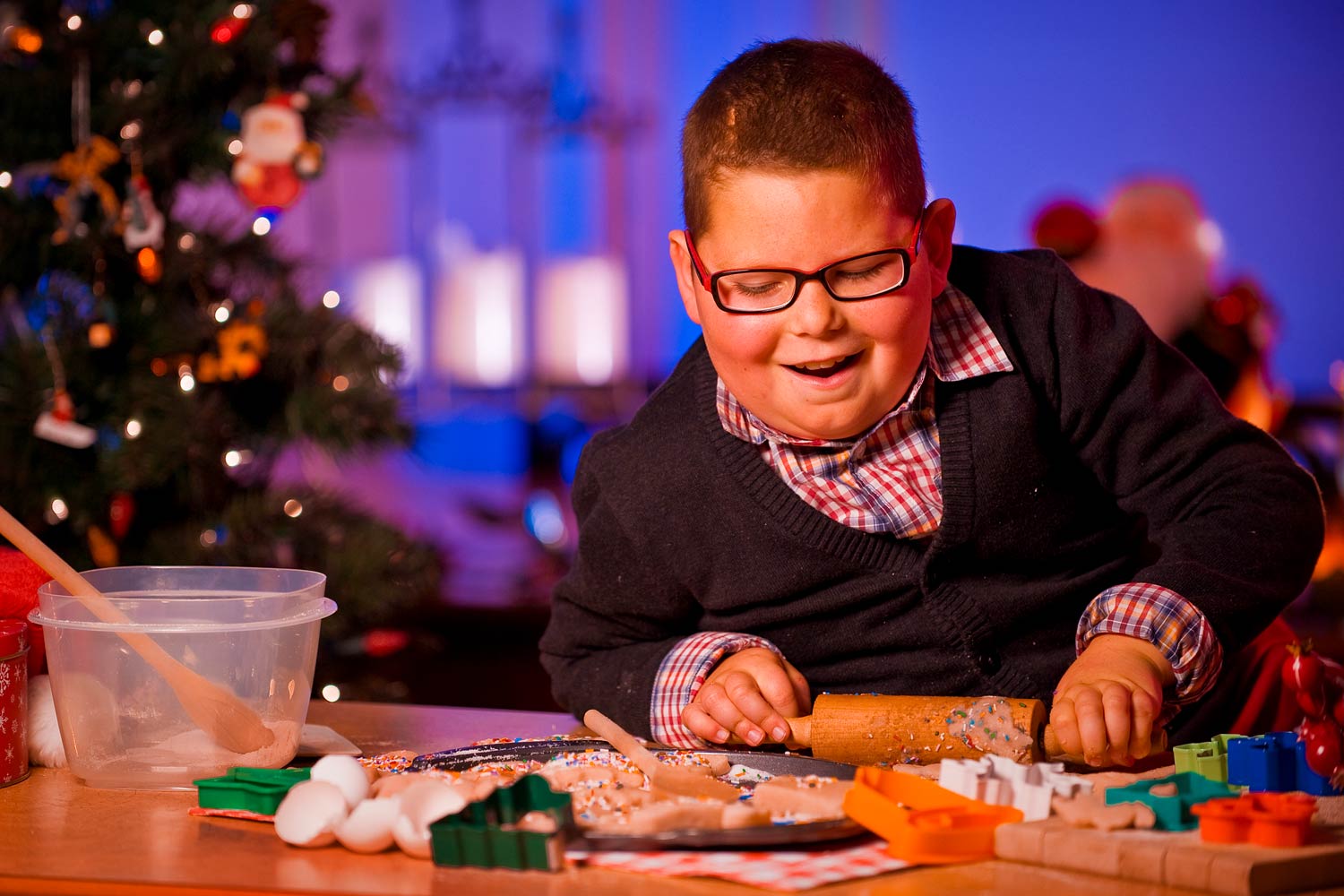For most families, the holiday season is a time of joy and celebration. Yet, for families with neurodiverse children, it often comes with unique challenges. The bright lights, excited gatherings, and unpredictable changes in routine can overwhelm even the most joyful spirit. But the holidays need not be a source of stress. With thoughtful planning and an open heart, they can become a season of comfort and connection.
Rethink Traditions, Prioritize Inclusion
The hallmark of the holidays doesn’t have to be grandeur—it can be joy in its simplest form. If large family gatherings prove overstimulating, smaller, quieter celebrations may offer a better alternative. Communicating your child’s needs to extended family fosters understanding and ensures the celebration becomes more inclusive.
The Comfort of Routine
For children of determination, routine means stability. Sudden changes can unsettle them. Maintaining familiar schedules for meals and bedtimes, while using visual tools to preview holiday events, can ease transitions and make the season feel predictable and safe.
A Space to Breathe
Sensory overload is a common holiday hurdle. Creating a quiet retreat—a space equipped with noise-canceling headphones, calming toys, or a weighted blanket—can provide much-needed relief during overwhelming moments. Letting others know in advance about your plans ensures the support of your extended network.
Seek Out Sensory-Friendly Options
Communities increasingly offer events tailored for neurodiverse families, from quiet Santa visits to holiday workshops with muted stimuli. Exploring such opportunities can allow your child to enjoy the festive spirit in an environment that aligns with their needs.
Remember Self-Care
Parents of children with autism, ADHD, and other developmental delays often put their own needs last. The holidays can be especially demanding, so it’s essential to carve out moments of rest and relaxation. Whether it’s a walk outdoors, a cup of tea in silence, or leaning on friends for support, taking care of yourself will help you navigate the season with resilience.
Mindful Gift-Giving
Selecting gifts for a neurodiverse child requires extra thought. Sensory sensitivities can make some presents less appealing. Sharing a wish list with friends and family avoids missteps, while experience-based gifts—like a day at a favorite park—offer joy beyond material gifts.
Decorate Together
Involve your child in Christmas decorations. Let them choose the decorations they feel most comfortable with and focus on areas they enjoy. This shared activity can make the experience fun and engaging
Tweak the Traditions
Traditional holiday dinners and activities may not suit everyone. Accommodate your child’s preferences by incorporating familiar foods into the menu or allowing them to take breaks from the table. Flexibility helps make the day enjoyable for everyone.
Small Changes, Big Impact
The essence of the holidays lies in connection, not perfection. By considering your child’s unique needs and making mindful adjustments, you can transform the season into a celebration of inclusivity and warmth.
The path to a neurodiverse-friendly Christmas isn’t complicated—it’s thoughtful. And the reward? A season filled with meaning, joy, and the enduring comfort of family.



